The New Press Wrapped: 12 Books That Shaped Our 2024
By:
PublicityWednesday, December 18, 2024
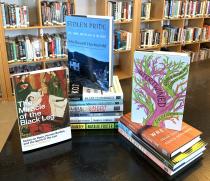
By Naomi Tomlin, Fall 2024 Iintern
The end of the year is a time to reflect and recommit. Although this has been a year of uncertainty and disappointment, it has also been one of hope and possibility; at The New Press, we look unflinchingly at these contradictory truths, publishing books that reflect both the turmoil and promise of our present moment. In 2024, we released groundbreaking titles on pressing subjects including the rise of the right in rural America, the successful community organizing model fighting mass incarceration, the importance of women in environmental movements, and more. Looking to 2025 and beyond, we are excited to continue shaping conversations and inspiring positive change.
Below, we’ve assembled exciting excerpts from our 2024 titles published in various media outlets throughout the year. As we enter the holiday season, consider picking up one of these books as a gift to yourself or another intellectually curious person in your life.
* * * * * * * * * *
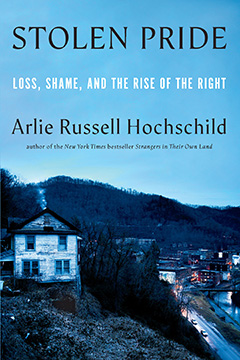
Stolen Pride: Loss, Shame, and the Rise of the Right by Arlie Russell Hochschild
In Stolen Pride, National Book Award finalist and bestselling author Arlie Russell Hochschild travels to Appalachia to explore the “pride paradox” that has given the right’s appeals such resonance. In TIME, read an excerpt from this groundbreaking book, named one of New York Times Book Review’s Notable Books of the Year, that examines how Donald Trump weaponized white rural America’s shame.
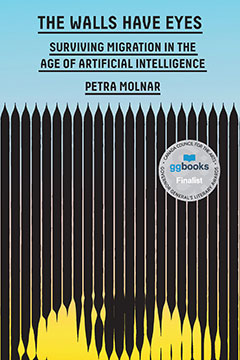
The Walls Have Eyes: Surviving Migration in the Age of Artificial Intelligence by Petra Molnar, with a foreword by E. Tendayi Achiume
A finalist for Canada’s Governor General’s Literary Award for Nonfiction, The Walls Have Eyes is a chilling exposé of the inhumane and lucrative sharpening of borders around the globe through experimental surveillance technology. In this adapted excerpt published by Jacobin, Molnar discusses “the grim high-tech dystopia on the US-Mexico border.”
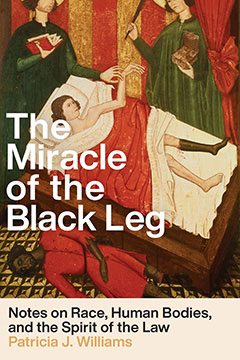
The Miracle of the Black Leg: Notes on Race, Human Bodies, and the Spirit of the Law by Patricia J. Williams
These brilliant essays from the renowned Nation columnist—aka the Mad Law Professor—tackle questions of identity, bioethics, race, surveillance, and more. In an excerpt published in the New York Review of Books, Williams uses the fourteenth-century painting that inspired the book—which depicts a white man with a Black man’s leg surgically attached—to discuss race, personal freedoms, and the law.
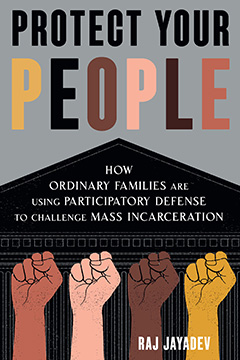
Protect Your People: How Ordinary Families Are Using Participatory Defense to Challenge Mass Incarceration by Raj Jayadev
An eye-opening look at “participatory defense,” the innovative practice that allows the loved ones of those charged with crimes to help influence the outcome of court cases, saving individuals 25,869+ years of incarceration so far. In an excerpt published by Inquest, the author, a former MacArthur fellow, discusses how participatory defense puts the power of the criminal justice system back into the hands of communities.
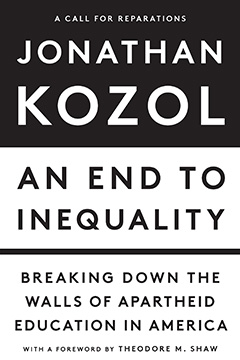
An End to Inequality: Breaking Down the Walls of Apartheid Education in America by Jonathan Kozol, with a foreword by Theodore M. Shaw
An eloquent and passionate call for educational reparations, from the New York Times bestselling author. In The Nation, read an excerpt in which Kozol discusses how austerity measures have led to the desolation of vulnerable urban schools.
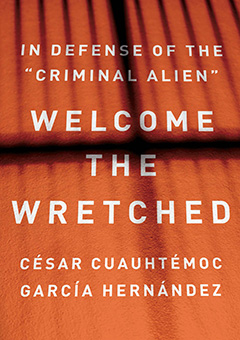
Welcome the Wretched: In Defense of the “Criminal Alien” by César Cuauhtémoc García Hernández
A powerful argument for separating immigration enforcement from the criminal legal system, by one of the nation’s foremost “crimmigration” experts. In an excerpt and interview with NPR’s Here & Now, read and listen to García Hernández discuss the negative impacts of the U.S.’s current “crimmigration” system and how the separation of the two systems would create a more just future.
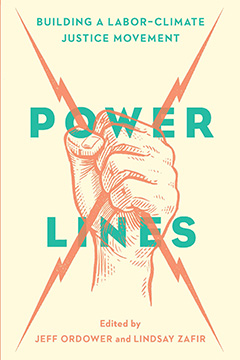
Power Lines: Building a Labor–Climate Justice Movement edited by Jeff Ordower and Lindsay Zafir
The essential anthology on the most effective ways to organize a labor movement for environmental justice, from leading organizers in the field. In an adapted excerpt published by Jacobin, contributor Norman Rogers discusses how Californian labor and climate organizers are working together for a just energy transition.
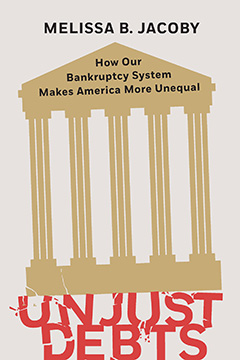
Unjust Debts: How Our Bankruptcy System Makes America More Unequal by Melissa B. Jacoby
Named one of the Best Summer Books in Economics by the Financial Times, Unjust Debts is a groundbreaking look at the hidden role of bankruptcy in perpetuating inequality in America. In an excerpt and interview with NPR’s Here & Now, Jacoby illuminates how the U.S. bankruptcy system often helps corporations and hurts working families.
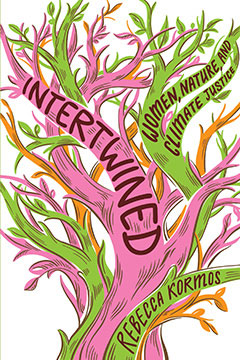
Intertwined: Women, Nature, and Climate Justice by Rebecca Kormos
A powerful argument that greater inclusion of women in conservation and climate science is key to the future of the planet. Read an excerpt from Intertwined in Ms. magazine Ms. magazine that explores how women are inextricably bound to the modern environmental movement, from Rachel Carson to Wangari Maathai.
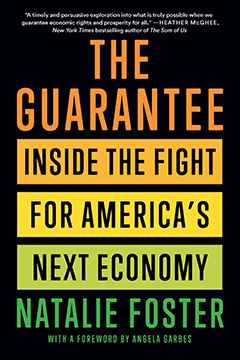
The Guarantee: Inside the Fight for America’s Next Economy by Natalie Foster, with a foreword by Angela Garbes
From the president of the Economic Security Project, The Guarantee shows how a just future is around the corner, if we are ready to seize it. In this excerpt published in Literary Hub, Foster discusses the fundamental myths of the American economy and how we can remake it to move toward a brighter tomorrow.
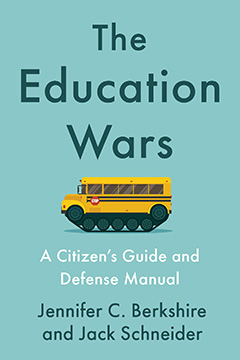
The Education Wars: A Citizen’s Guide and Defense Manual by Jennifer C. Berkshire and Jack Schneider
From the authors of A Wolf at the Schoolhouse Door, The Education Wars is a perfectly timed book for the educational resistance—those of us who believe in public schools. In an excerpt published in The Nation, Berkshire and Schneider explore how the motto “fund students, not systems” leads to the failure of our public education system.
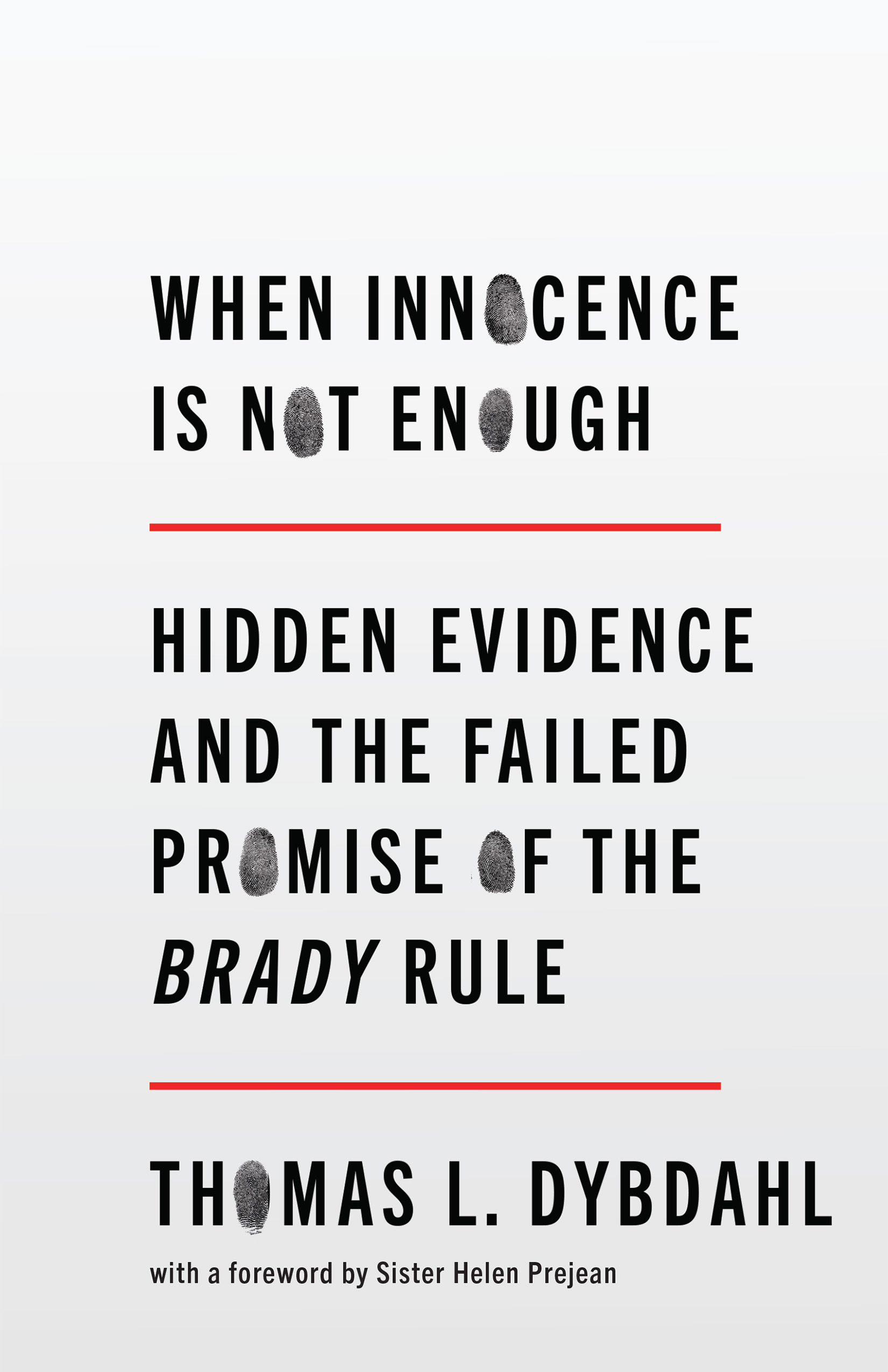
When Innocence Is Not Enough: Hidden Evidence and the Failed Promise of the Brady Rule by Thomas L. Dybdahl
A finalist for the Colorado Book Award, When Innocence Is Not Enough is a gripping work of narrative nonfiction, told across time, that exposes what’s at stake when prosecutors conceal evidence—and what we can do about it. In an excerpt from the Colorado Sun, learn the origins of the Brady rule—the single leading cause of wrongful convictions—and how it is often ignored by prosecutors.
Blog section:
